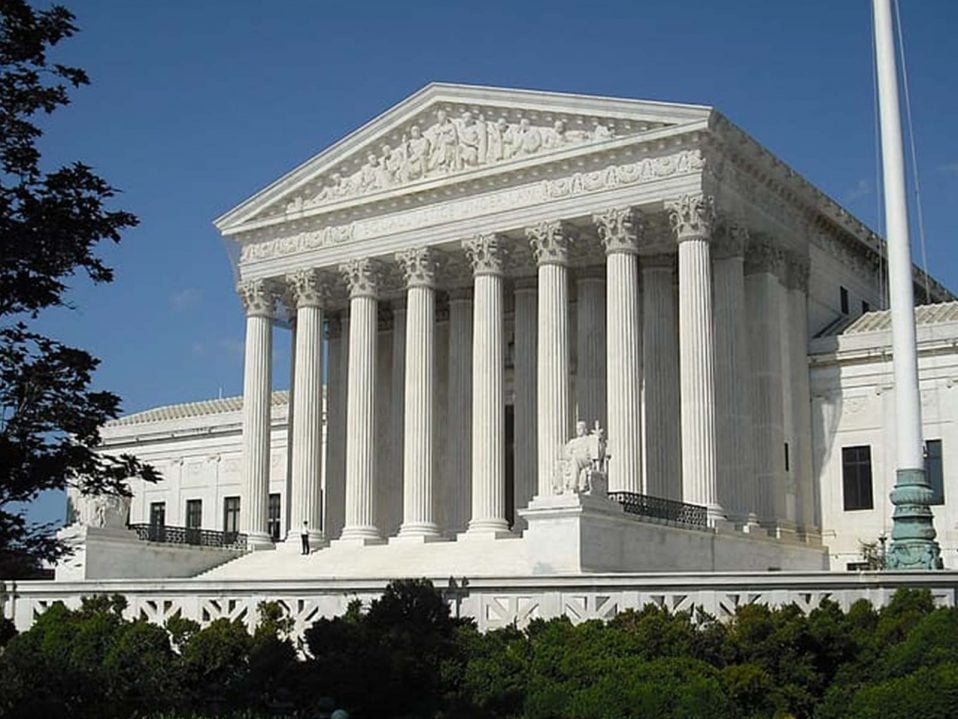Washington, D.C.—October 6, 2020—Today at 11 am ET, the U.S. Supreme Court will hear livestreamed oral arguments in Tanzin v. Tanvir, a case that has received scant media attention but could have far-reaching consequences for church/state separation, warns the civil rights organization American Atheists.
American Atheists is sounding the alarm that, with the death of Ruth Bader Ginsburg, the Supreme Court in this case is more likely to grant religious people special privileges unavailable to nonreligious Americans—more specifically, allowing religious litigants to sue for monetary damages under the Religious Freedom Restoration Act (RFRA).
“Justice Ginsburg was a strong believer in religious equality—the idea that Americans of all religions and no religion deserve equal treatment under the law,” said Geoffrey Blackwell, Litigation Counsel for American Atheists, who co-authored an amicus brief in the case earlier this year. “Giving religious believers privileged access to the courts would turn nonreligious Americans into second-class citizens. It’s unconstitutional, and Justice Ginsburg would have fought it tooth and nail.”
Tanzin v. Tanvir involves several Muslim men who were approached by FBI agents and asked to inform on their congregations. When the men refused to comply, they were put on the “No Fly” list without justification and suffered significant harm as a result.
“The FBI agents’ actions were egregious and unconscionable and they must be held accountable. However, giving religious Americans—and only religious Americans—a special pathway to sue the individual agents for monetary damages is the wrong way to do so,” said Blackwell. “The Court cannot correct one constitutional violation by creating another.”
“If the Supreme Court were to rule in the religious litigants’ favor, it would create the sort of double standard the First Amendment was intended to prevent: religious individuals would have greater opportunity to protect their rights in court than nonreligious individuals,” said Alison Gill, Vice President for Legal and Policy at American Atheists. “Tanzin v. Tanvir provides a perfect example. Ex-Muslims unjustly placed on the ‘No Fly’ list for refusing to act as informants would be prevented from suing for damages purely because they are nonreligious. And that disparity would extend to all nonreligious Americans.”
“The law must treat everyone equally, whether they are religious or not. The Supreme Court must come down on the side of equality, not on the side of increased religious favoritism,” said Nick Fish, president of American Atheists.







